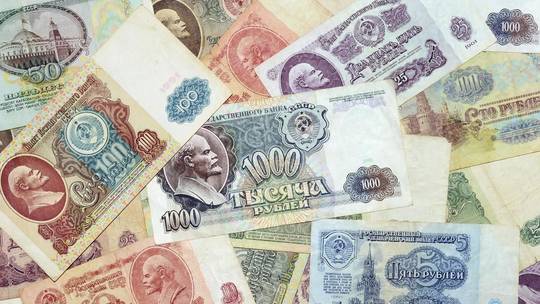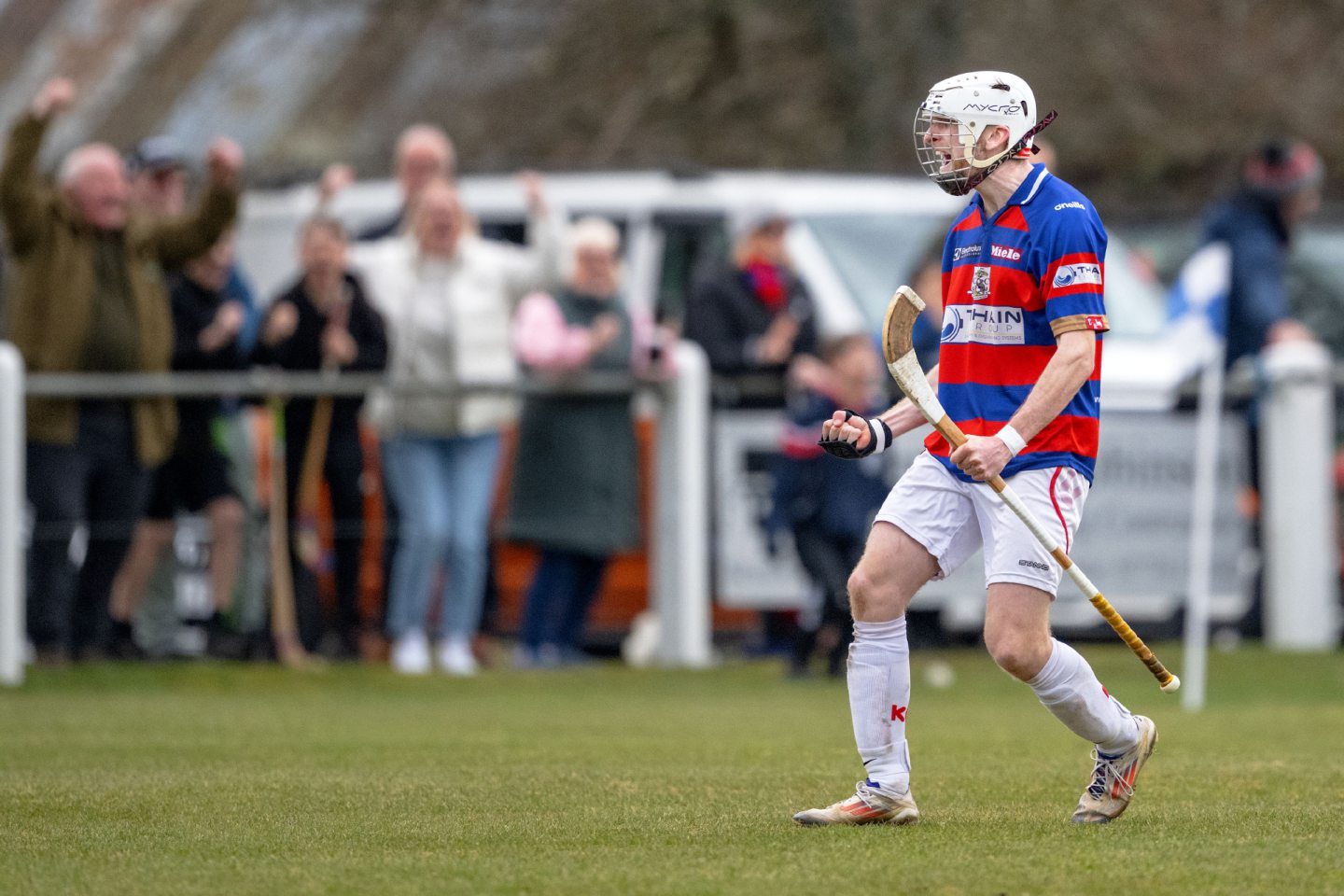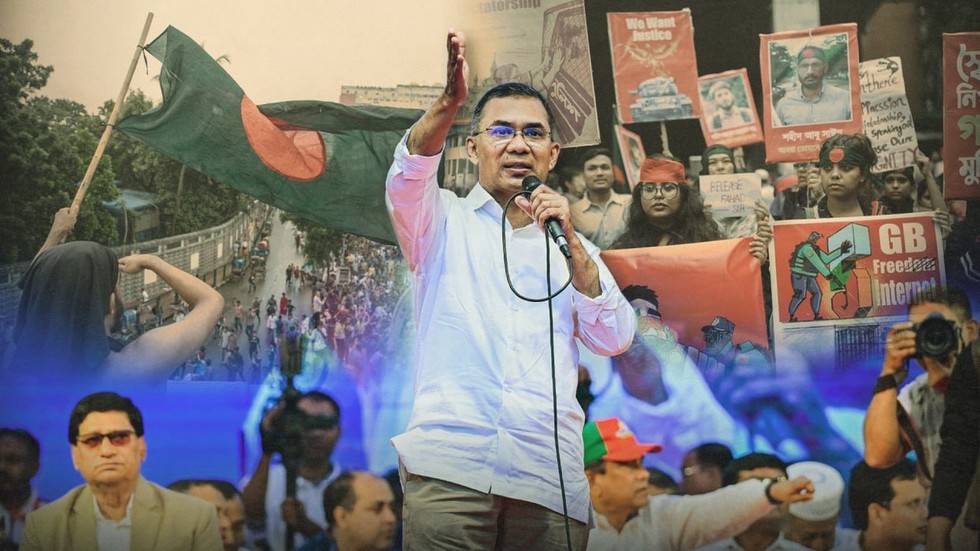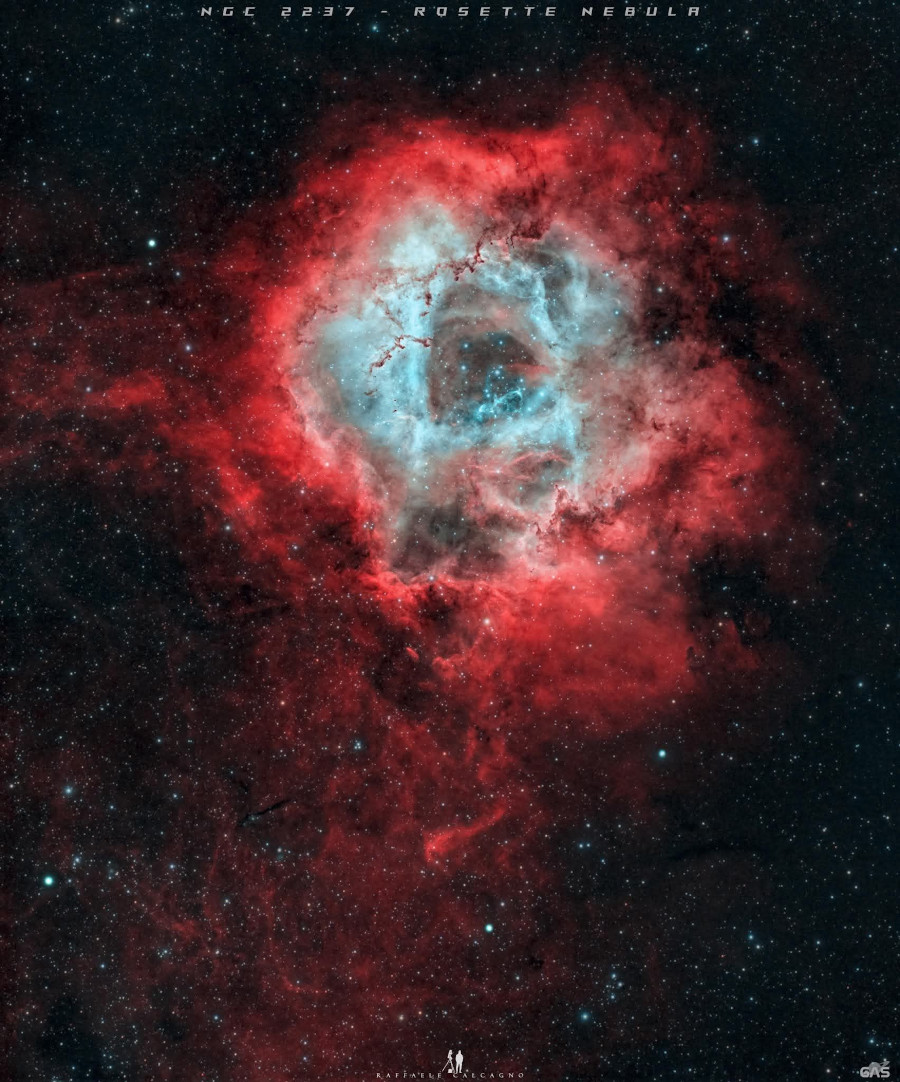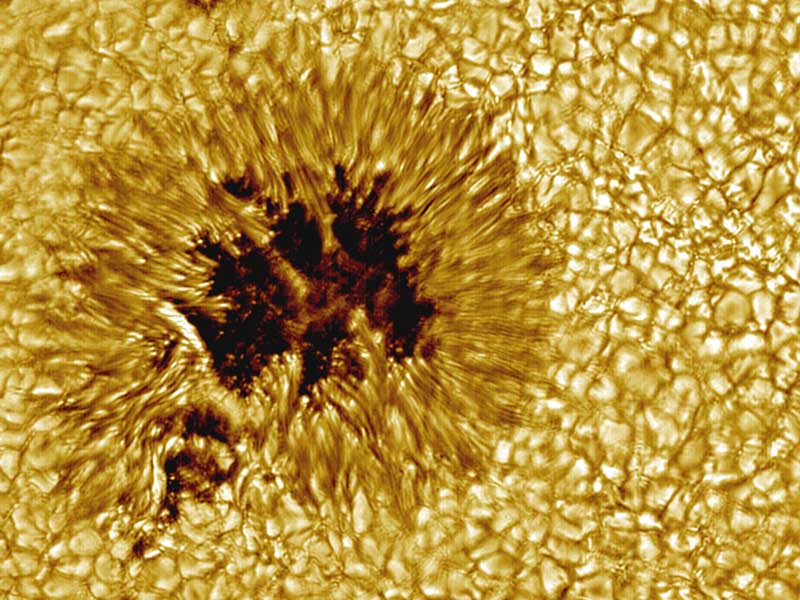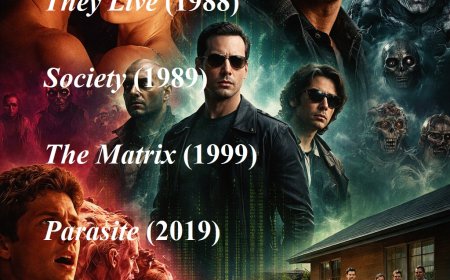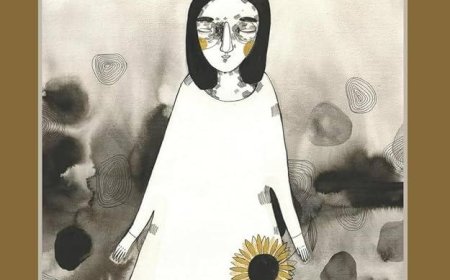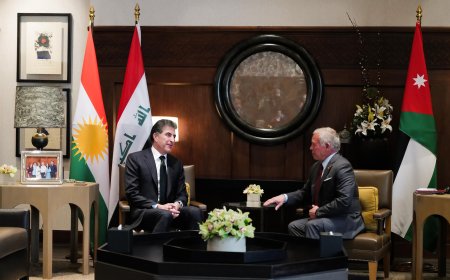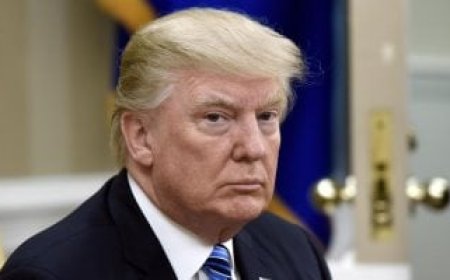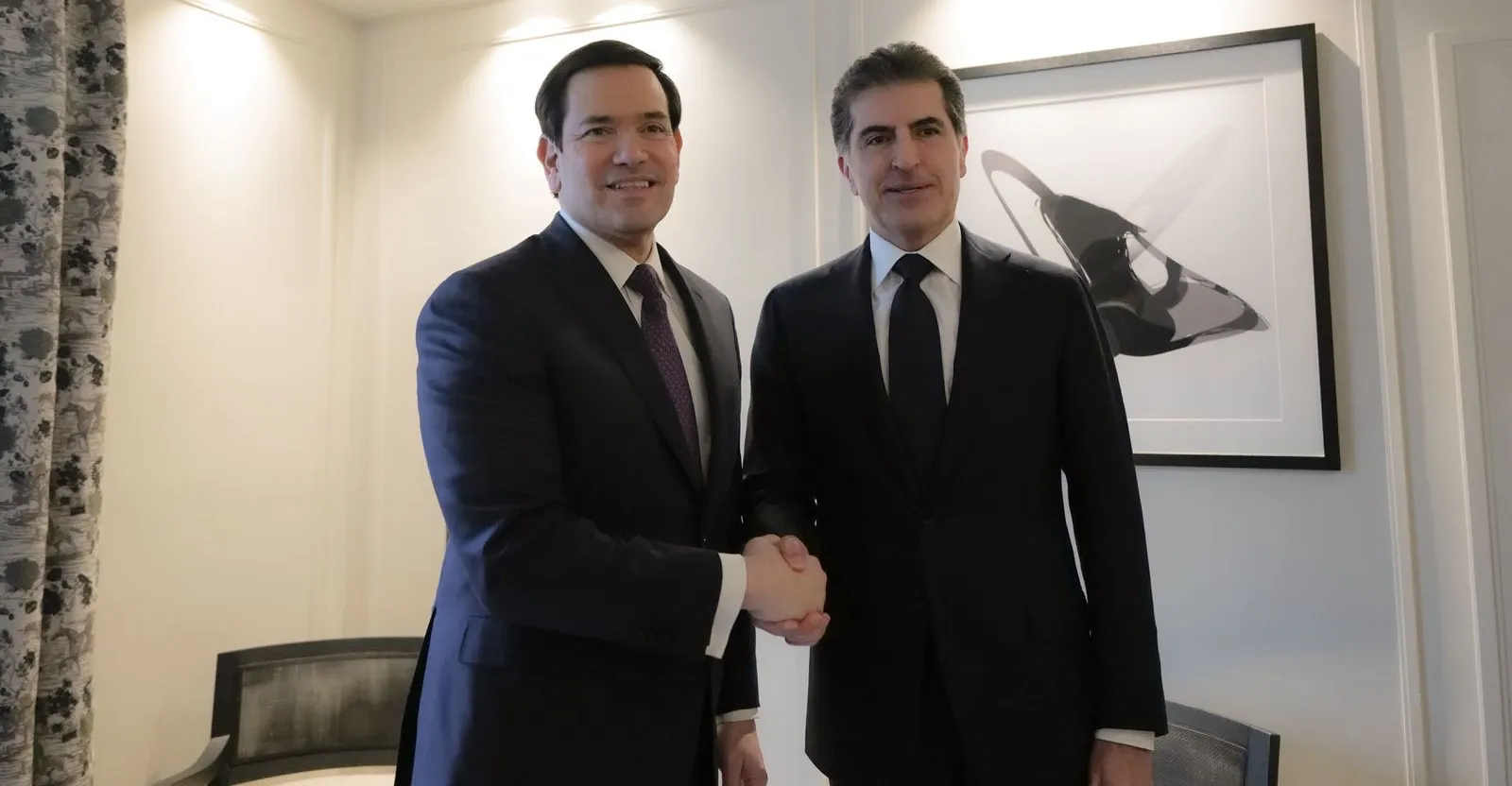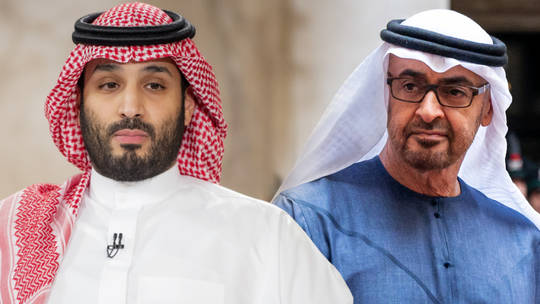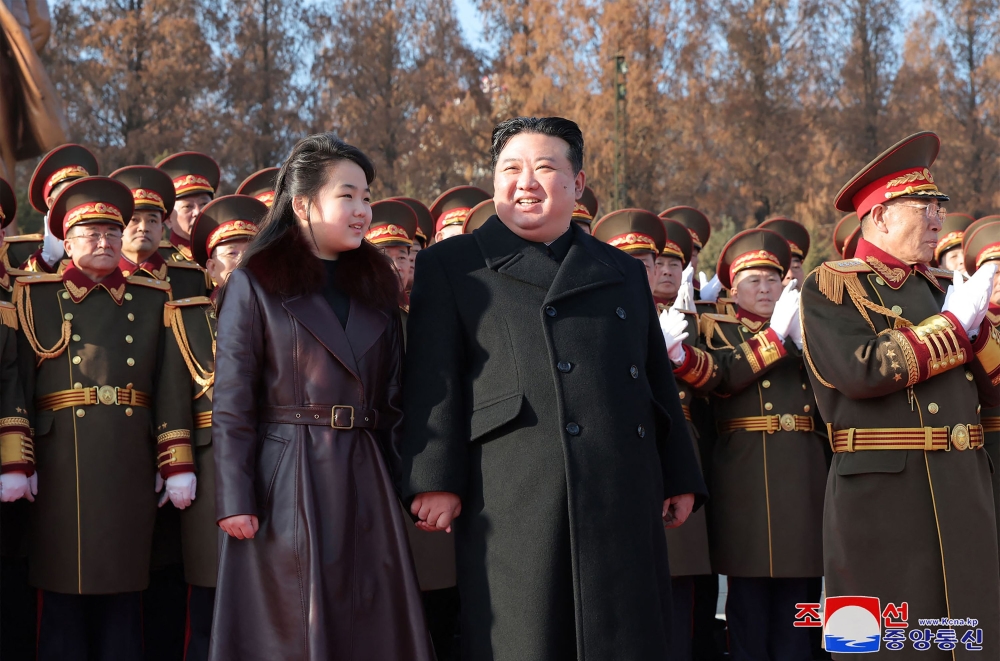The Reunification of Kurdistan Students and Democratic Youth Union: A Political Strategy in Harmony with President Nechirvan Barzani's Approach
Sirwan Abdulkarim Ali / Politician and academic
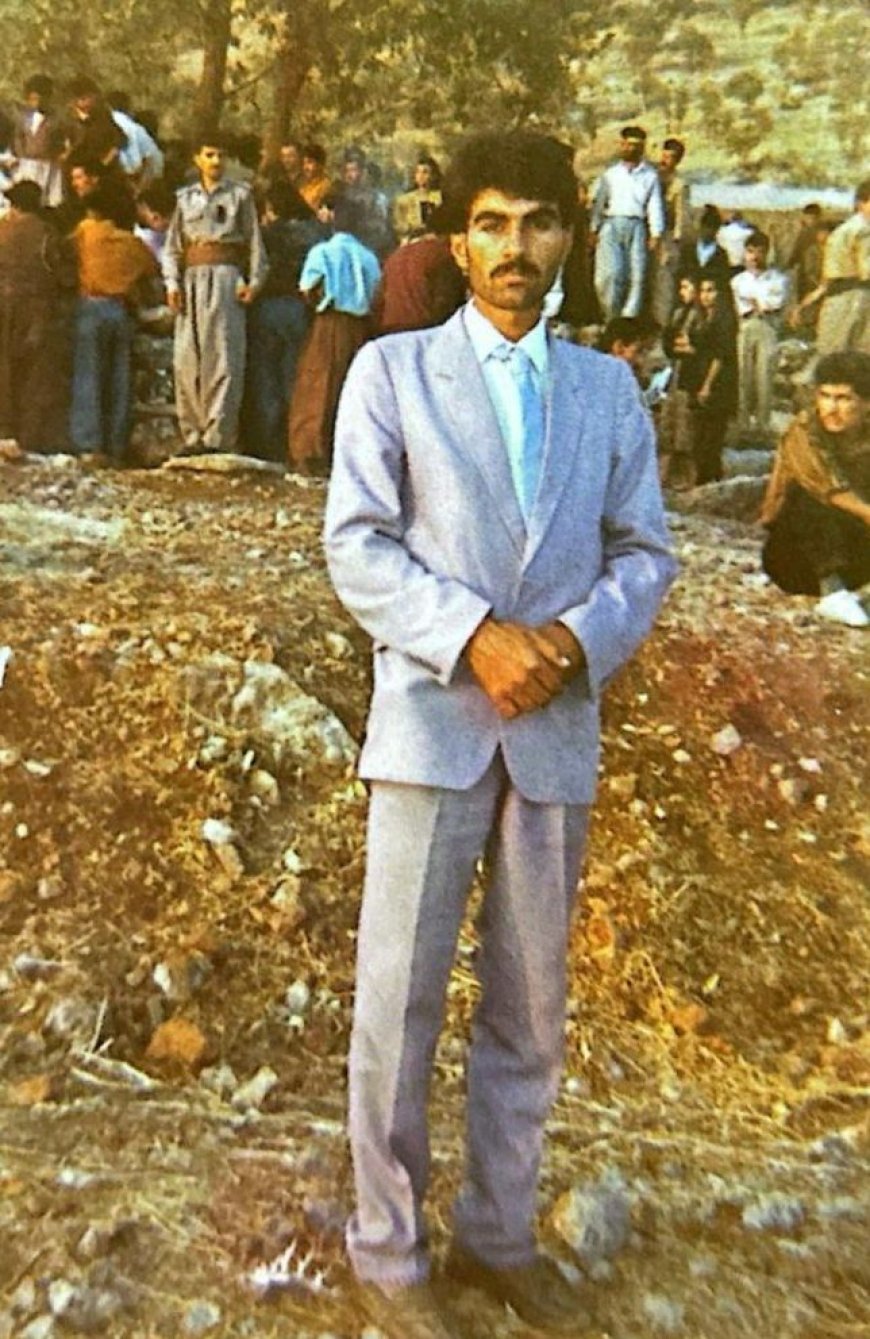
The reunification of the Kurdistan Democratic Students and Youth Union represents a significant political event in the contemporary Kurdish political landscape. President Nechirvan Barzani's statement on this occasion maps out a comprehensive roadmap for youth political action in the coming phase, establishing a strategic vision that extends beyond organizational dimensions to broader horizons related to the future of the political process in Kurdistan.
From a political analysis perspective, the timing of the organizations' reunification can be interpreted within a complex regional and international context, where Kurdistan faces multiple challenges that necessitate closing ranks and unifying efforts. This step aligns perfectly with President Nechirvan Barzani's policy of strengthening internal unity as a foundation for confronting external challenges. The reunification is not merely an organizational procedure but an indicator of a strategic shift in Kurdish political thought toward adopting a more participatory and inclusive political model, which President Nechirvan Barzani embodies in his management of the Kurdish political scene.
President Nechirvan Barzani's reference to "the pure soul of the immortal Barzani" establishes historical legitimacy on which the organization rests, placing it within the broader context of Kurdish political narrative. This reference is not merely emotional remembrance but confirmation of the political and historical continuity of the Kurdish movement. His acknowledgment of the organizations' paths "together or separate" reflects a political vision that accepts pluralism and diversity within the framework of a unified national project. This tolerant approach to internal diversity is at the heart of the democratic model that President Nechirvan Barzani seeks to establish in Kurdish political practice.
Analysis of the "sensitive" regional context to which President Nechirvan Barzani referred relates to the geopolitical challenges facing the Kurdistan Region, which call for unity of position and coordination at all levels. His emphasis that "the future of the country rests on the shoulders" of youth involves a strategic vision aimed at a smooth transfer of power between generations and preparing future leadership cadres. His emphasis on the values of "cooperation, tolerance, and always defending democracy and human rights" reflects his commitment to building a Kurdish political model characterized by openness, tolerance, and acceptance of others, in contrast to the prevailing models of authoritarianism and exclusion in the region.
The reunification comes as a strengthening of the internal front amid political and security challenges surrounding the region, and as an investment in youth political capital amid demographic shifts in Kurdish society. This step also represents a renewal of political legitimacy by ensuring broader representation of youth groups and sends a dual political message; internally confirming the political leadership's ability to overcome historical divisions, and externally enhancing the image of the Kurdistan Region as a model of stability and political harmony in a troubled region.
President Nechirvan Barzani's political approach is characterized by balance between authenticity and modernity, combining adherence to the historical roots of the Kurdish movement and openness to contemporary requirements and developments. He adopts a positive pragmatic approach based on realism in assessing conditions, while maintaining commitment to core values and principles. President Nechirvan Barzani has gained an international reputation as a politician with an exceptional ability to communicate with various parties and build trust between competing forces, and his vision is characterized by inclusiveness and non-exclusion, in addition to his belief in the importance of developing institutions and enhancing their role.
Inspired by President Nechirvan Barzani's approach, the Union can adopt a "youth diplomacy" strategy to enhance the Kurdistan Region's image globally. Work should be done to institutionalize the relationship with decision-making institutions in the region and develop specialized programs to qualify youth leaders and prepare them to assume leadership responsibilities in the future. In line with President Nechirvan Barzani's open approach, relations with international organizations concerned with youth and education should be strengthened, and strategic alliances built with the private sector to provide job opportunities for youth and encourage innovation and entrepreneurship.
The reunification of the Kurdistan Democratic Students and Youth Union, according to the vision outlined by President Nechirvan Barzani, represents an opportunity to formulate a "new social contract" between generations, based on genuine partnership and shared responsibility in facing challenges and building the future. Drawing inspiration from President Nechirvan Barzani's approach characterized by wisdom and moderation will enable the Union to restore its pioneering role not only as a student and youth organization but as a political institution contributing to shaping the future of the Kurdistan Region within a participatory vision that promotes civil peace, political stability, and economic prosperity.
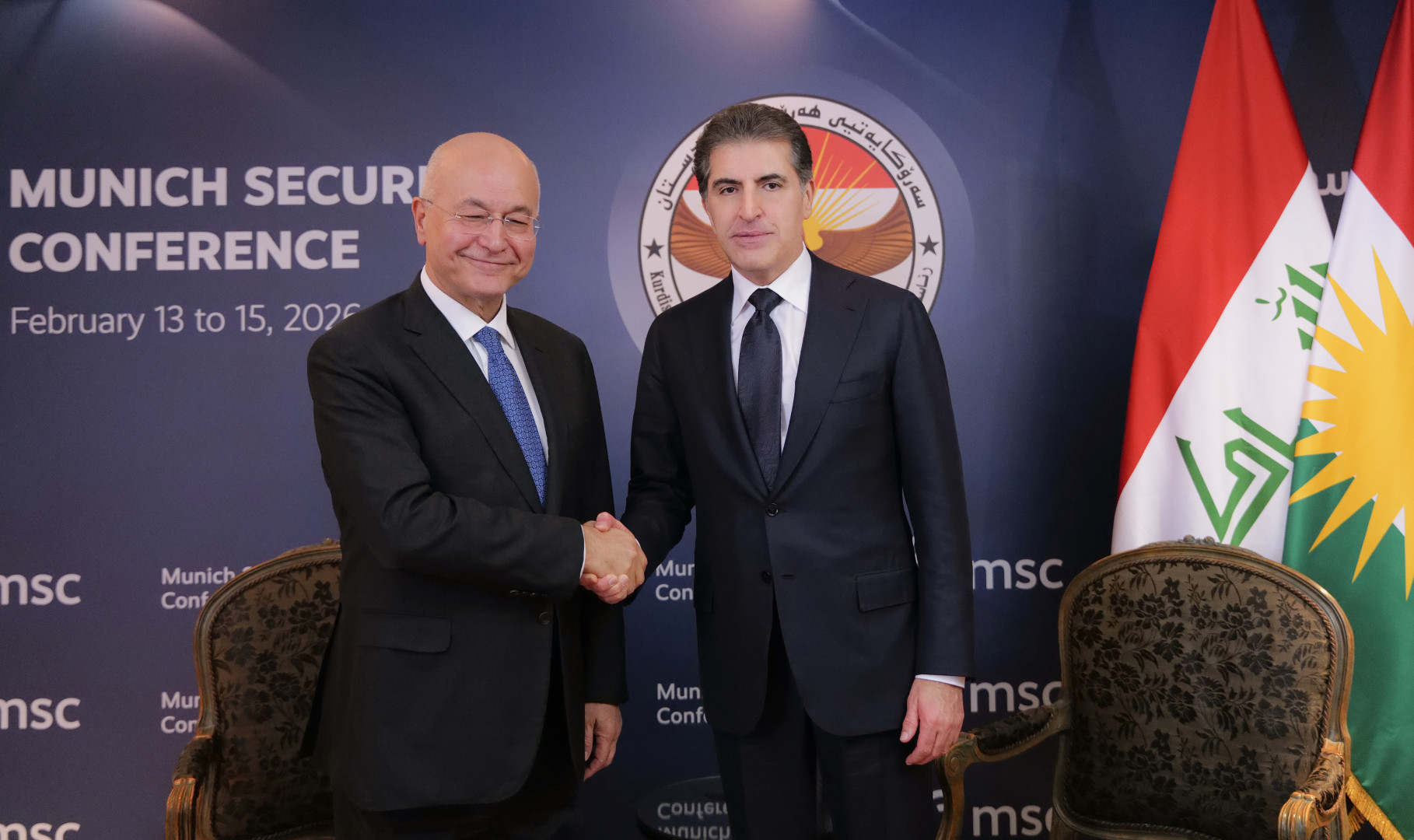

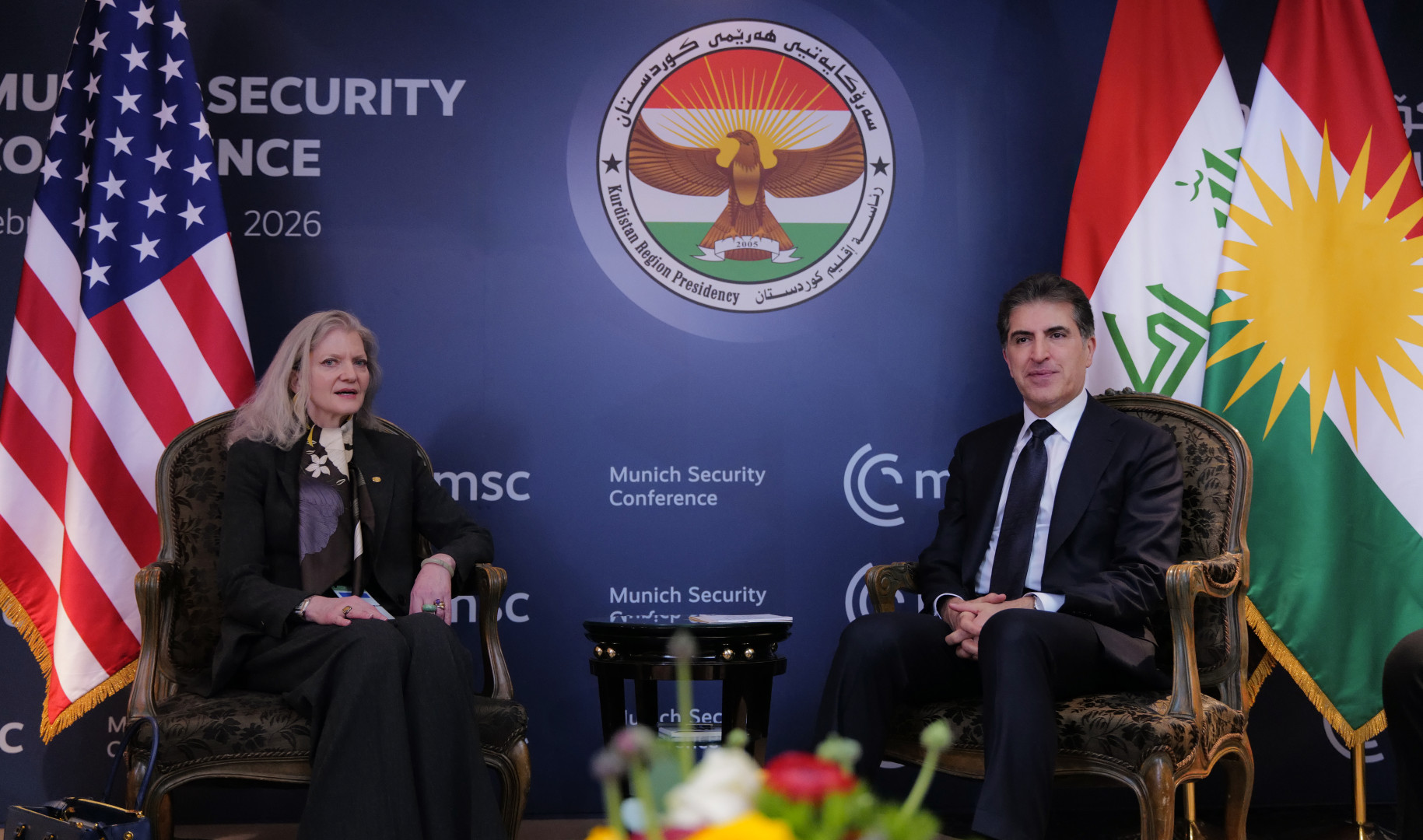



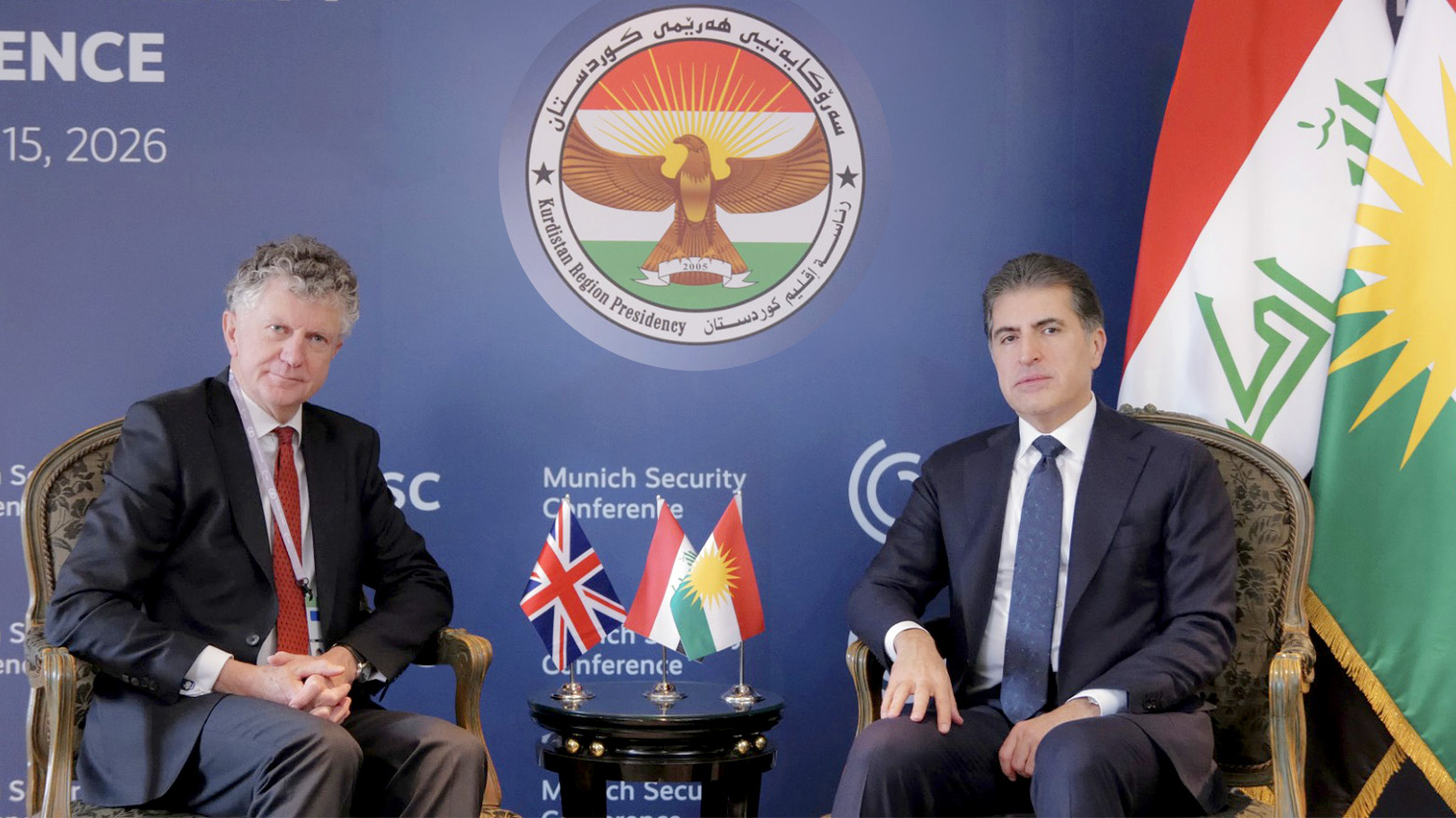


/file/attachments/orphans/AWS_Data_Center_Interior_4_838807.jpg)

